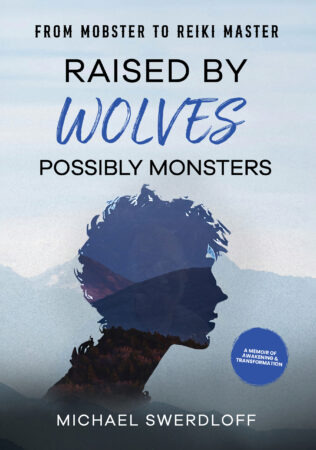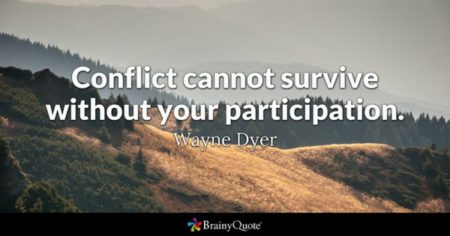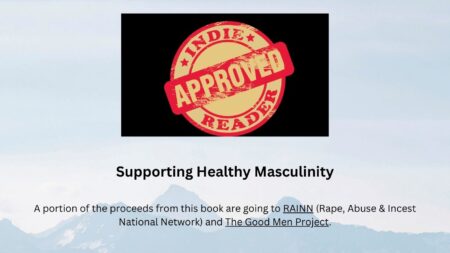41 results for tag: Providence relationship Counseling
The 3 Core Skills Every Person Needs for Romantic Competence
Romantic competence is not a phrase that has yet reached mainstream culture, but I suspect it will soon enough. Romantic competence includes three core skills: insight, mutuality, and emotional regulation. These skills affect all our relationships, not just romantic relationships. I have reflected on the three skills of romantic competence, wanting to discern if any of the three are necessary. I feel clear that they are all valuable and essential to improving our relationships, especially romantic relationships.
I am interested in what you learn from this fascinating article about the work of Joanne Davila on romantic competence!
 ...
...
 ...
... Green Flags For Your Relationship
We are all familiar with the "red flags" to be aware of when starting a new relationship. The green flags, however, do not get as much attention. We have possibly spent too much time making sure everyone knows what to avoid in relationships and perhaps not enough focus on what to embrace in relationships. The list of green flags is an attempt to offer another lens to view and assess what is productive and necessary to thrive and prosper in relationships.
Of the 6 Little Green Flags That You've Found A Keeper shared below, I would like to focus on just a few of them. Beginning with being your authentic self around them is key. If you feel safe enough around them to not feel like you have to look, sound and/or be different in their presence than you do with your inner circle, it is essential. Or, from the reverse perspective, why would you want to be with someone who does not feel like being yourself is enough or acceptable? ...
The Real Reason Women Leave Men – Trust and Safety
I am not a fan of clickbait headlines. I saw this today on The Good Man Project, and that was enough for me to read it and see if there was substance to the sensationalistic tagline. There is definitely content here that is worth the time to explore why women leave men. Of course, relationships can be very complicated, and the reason Matthew Fray offers is simplistic but valid and credible. I encourage you to invest the time to read his post on why women leave men.
 ...
...
 ...
... Trauma Is Not Your Fault, But Healing Is Your Responsibility
 Book Release: Raised by Wolves, Possibly Monsters - From Mobster to Reiki Master, A Memoir of Awakening & Transformation. Find out more about this exciting new book here.
Book Release: Raised by Wolves, Possibly Monsters - From Mobster to Reiki Master, A Memoir of Awakening & Transformation. Find out more about this exciting new book here.
We all come into this life with stuff to unpack and learn. Some of us have entered life with more significant challenges than others. It can be said that ALL OF US have endured trauma in one form or another. This can mean being neglected as children, being abused as a child, teen or adult, military, sexual assault and rape, alcoholism and drug addiction, poverty, and racial and cultural issues, just to name a few forms of trauma. We all experience these challenges in different ways. It has become widespread for self-help and pop psychology "gurus" to present pathology as a singular, logical pattern that explains life experiences through a lens that, in all cases, "this means that" and all people experience "this and that" the same. It is false and damaging to the millions of people who read or hear these claims and wonder why it is not valid for them. We have our shared experiences but in our own unique way. That is one of the joys of being human!
No two people experience trauma the same, but there are enough common traits to share and learn from each other and gain support and camaraderie. I can learn from you and vice-versa. I remember when my cousin returned from Vietnam, he would not discuss what happened to anyone. Then, one day, a friend of his who was also a Vietnam vet was over. He talked and talked about what he saw and did for hours. We were all surprised after not hearing him speak about it for more than a paragraph after being home for several years. The same applies to people participating in Twelve-Step or cancer survivor groups. Shared experiences help us feel like we belong and we are not alone. This is important in moving forward through traumatic experiences.
...








